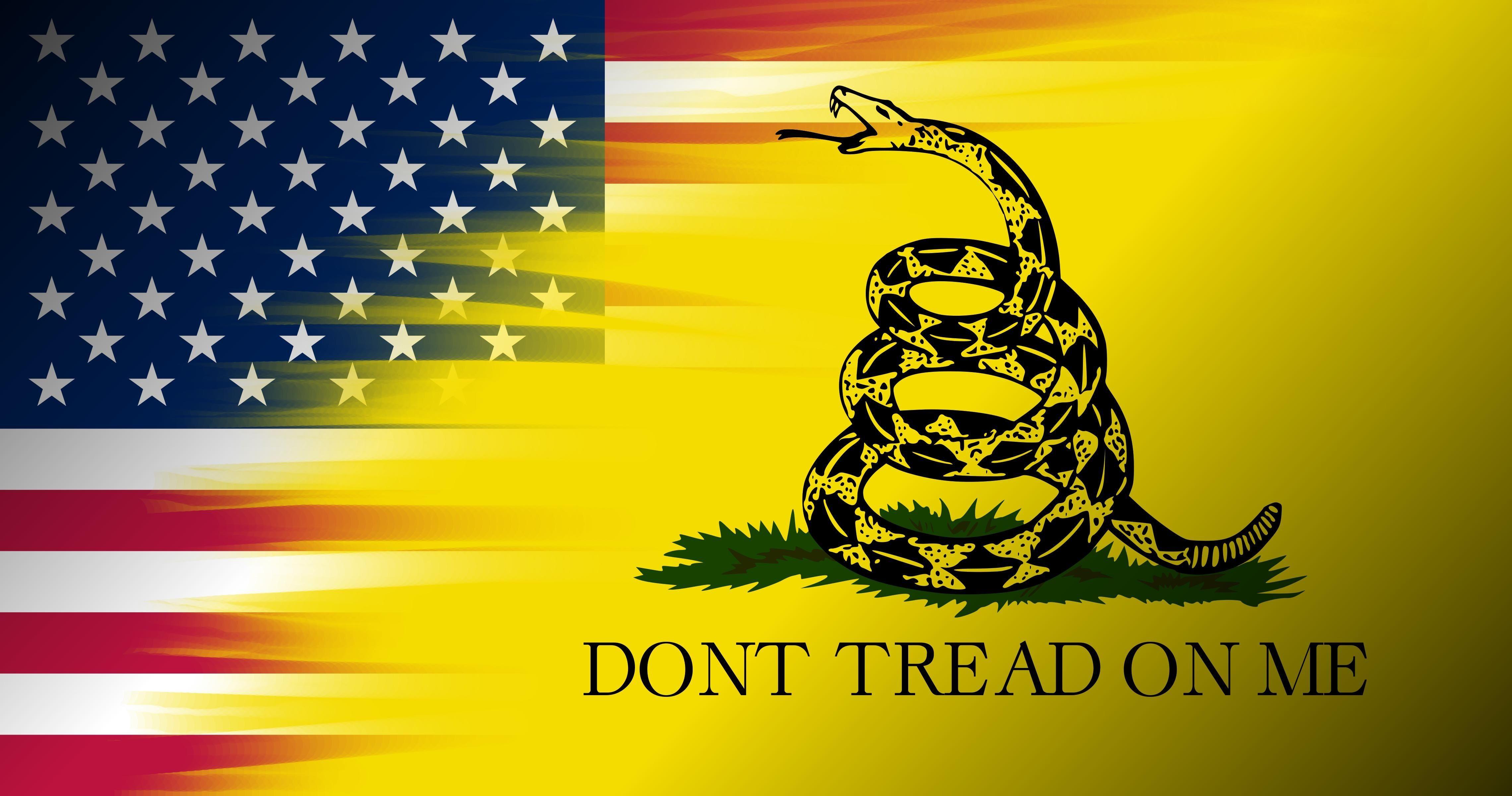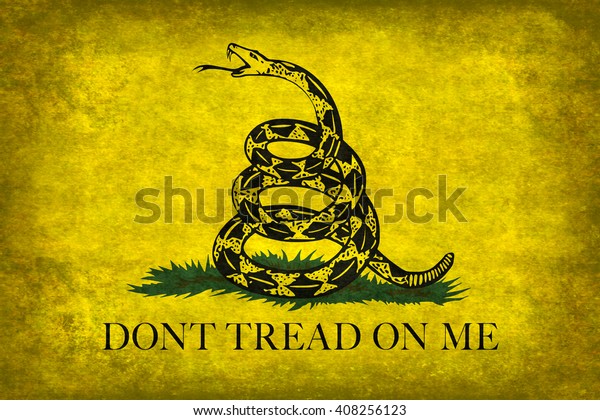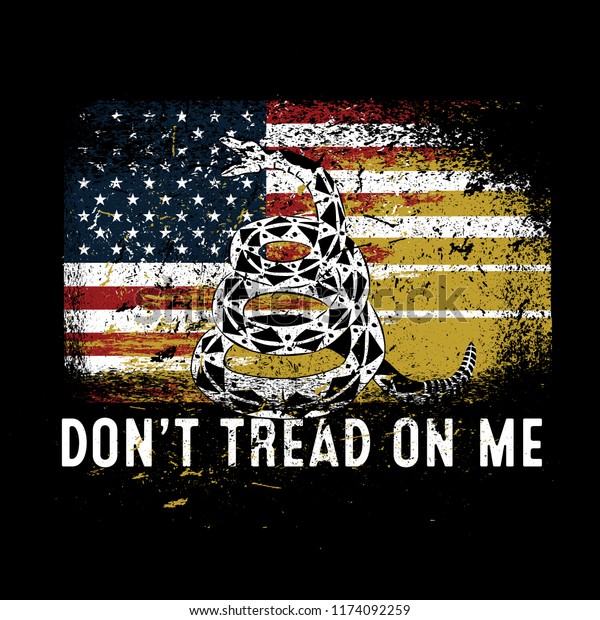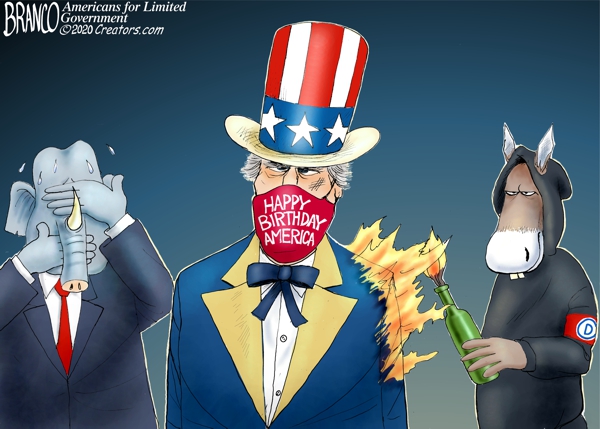When Henry left the governor’s office in 1779, his political influence was strong. His social standing was confirmed by his marriage, on October 9, 1777 , to Dorothea Dandridge, who was from an old and prominent Virginia family and with whom he had eleven children. Settling upon a 10,000-acre plantation in one of the newly created Southside counties that was named for him, he declined election to the Confederation Congress in favor of his 1780 election to Virginia ‘s House of Delegates. Henry promptly emerged as one of its most influential members, rivaled only by Richard Henry Lee and James Madison. Shifting factions, rather than clearly defined parties, were characteristic of the Virginia legislature in the 1780s. Henry opposed many of James Madison’s efforts to enact reforms had been advocated by Thomas Jefferson, and he was always wary of fiscal policies that favored creditors over farmers and planters. Henry supported measures to provide the national government under the Articles of Confederation with adequate revenues, but was wary of giving other states too much control over Virginia ‘s future. Henry and his allies in the legislature passed only the occasional statute, often to provide relief to debtors, but they were generally successful in defeating or amending bills introduced by Madison and his allies. The major exception was Jefferson’s Statute for Religious Freedom, which Madison steered to passage in 1786. Although strongly committed to religious freedom, Henry opposed Jefferson’s plan of total separation of church and state, favoring instead the continuation of public taxation for the support of all recognized religious groups.
Late in that same year, Henry declined reelection to the governorship, citing reasons of health and the need to look after his private affairs. A movement to strengthen the central government of the new nation was gaining force, which culminating in the Philadelphia convention of 1787. Henry remained committed to augmenting the resources of the Confederation government but suspicious of those who sought to replace it with a stronger central government. Virginia’s emerging Federalists hoped that he might be won over to their viewpoint, and he was among those chosen to participate in the Philadelphia constitutional convention.
Henry declined the honor, citing a lack of funds. He was, however, clearly suspicious that the supporters of a stronger national government included many New Englanders who had favored a treaty with Spain in 1786 that, had it been ratified, would have sacrificed southern interests in the free use of the Mississippi River in favor of commercial advantages for northern merchants. When George Washington sent him a copy of the new constitution with a letter outlining its advantages in September 1787, just after the convention had adjourned, Henry composed a cryptic reply that made his deep reservations clear: “I have to lament that cannot bring my Mind to accord with the proposed Constitution. The Concern I feel on this account, is really greater than I am able to express.” By the end the year James Madison regarded Patrick Henry as the greatest threat to ratification by Virginia.
Henry ran as a delegate to the state ratification convention from Prince Edward County , where he then resided. When the convention met in Richmond on June 2, 1788 , its members were closely divided. As the foremost spokesman for the Anti-Federalists, Henry detailed his objections to the document with eloquent reminders of the liberties for which Virginians had fought and confidence in the state’s autonomy. The unifying theme of all Henry’s speeches in 1788 was the abiding fear of any powerful government that was too centralized and too far removed from its citizens. He denounced the constitution as “clearly a consolidated government” that would destroy the rightful powers of the states. Its principles, he continued, were “extremely pernicious, impolitic, and dangerous.” The Philadelphia convention, he asserted, had proposed “a revolution as radical as that which separated us from Great Britain.” In the end, the Federalists outmaneuvered Henry with a strategy, which had already been successful in other states, of accepting ratification along with a slate of proposed amendments. This concession was enough to win over a small but critical group of moderate Anti-Federalists. Virginia ratified the Constitution by a vote of 89 to 79.
Convinced that individual liberties and Virginia’s interests remained at risk unless the Constitution was modified, Henry maintained unrelenting political pressure toward those goals. When the General Assembly convened on the heels of the ratifying convention, Henry commanded a strong majority of former Anti-Federalists that blocked Madison’s aspirations for a seat in the Senate and promoting a second convention to amend the Federal Constitution.
Once the new government went into operation, many Virginians who had supported the ratification suddenly found themselves opposed to the economic policies advanced by Alexander Hamilton. During the 1790s the commonwealth experienced a major political realignment in which many of Henry’s former Anti-Federalists joined forces with their former opponents to create the new Democratic-Republican party of Jefferson and Madison.















